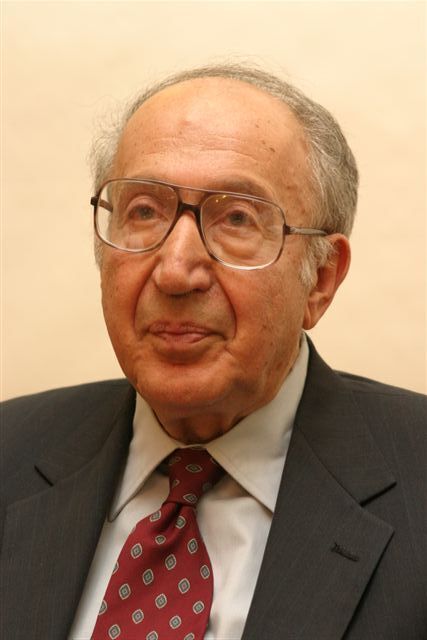Four years ago, Richard Pipes, a historian of Russia and a Sovietologist of Polish origin, a critic of communism, who predicted the collapse of the “evil empire”, died. In the trilogy “Russia of the Tsars”, “The Russian Revolution” and “Russia of the Bolsheviks” he showed the continuity of the authoritarianism of the Muscovite principality, tsarist Russia and the totalitarian Soviet state.
He was born on July 11, 1923, in Cieszyn into an assimilated Jewish family. Father Marek fought in the Polish Legions. One of his mother’s brothers lost his life during the Stalinist purges in Russia. The family moved first to Krakow, and then to Warsaw. The family dealt with the production of chocolate and spoke Polish and German at home. Young R. Pipes was interested in music, philosophy and art history. He discovered his interest to research history early and decided to pursue a career in science.
In October 1939, with forged passports, the Pipes family left occupied Poland and reached the United States. Seventeen-year-old Richard entered Muskingum College in Ohio. The outbreak of the German-Soviet war and the accession to the US war resulted in Pipes’ interest in Russia and the preparation of the first political and military analyzes. He served in the US Army Air Corps, attending a military school.
He considered himself saved from inevitable death from the German occupiers, and his mission was to show “how bad ideas lead to bad consequences.” In 1945, he enrolled at Harvard University, where he worked until his retirement in 1996. In 1950, he presented his doctoral dissertation on the Bolshevik theory of nationality. While teaching Russian history at Harvard, he became famous as a strong critic of communism. He also condemned Western scientists’ avoidance of moral evaluation of the Soviet Union, considering such an attitude to be the greatest weakness of Sovietology practiced in the Western world. In the years 1981-1982, he was an advisor to President Reagan as head of the East European and Soviet section.
He considered the Bolshevik revolution the most important event of the 20th century, influencing the victory of Nazism in Germany and the outbreak of World War II. He admitted, that thanks to the fact that he was born in a country neighboring Russia, he was “spared the romantic illusions about that large country which were so common among people who lived thousands of miles away”.
He died on May 17, 2018, in Cambridge.





